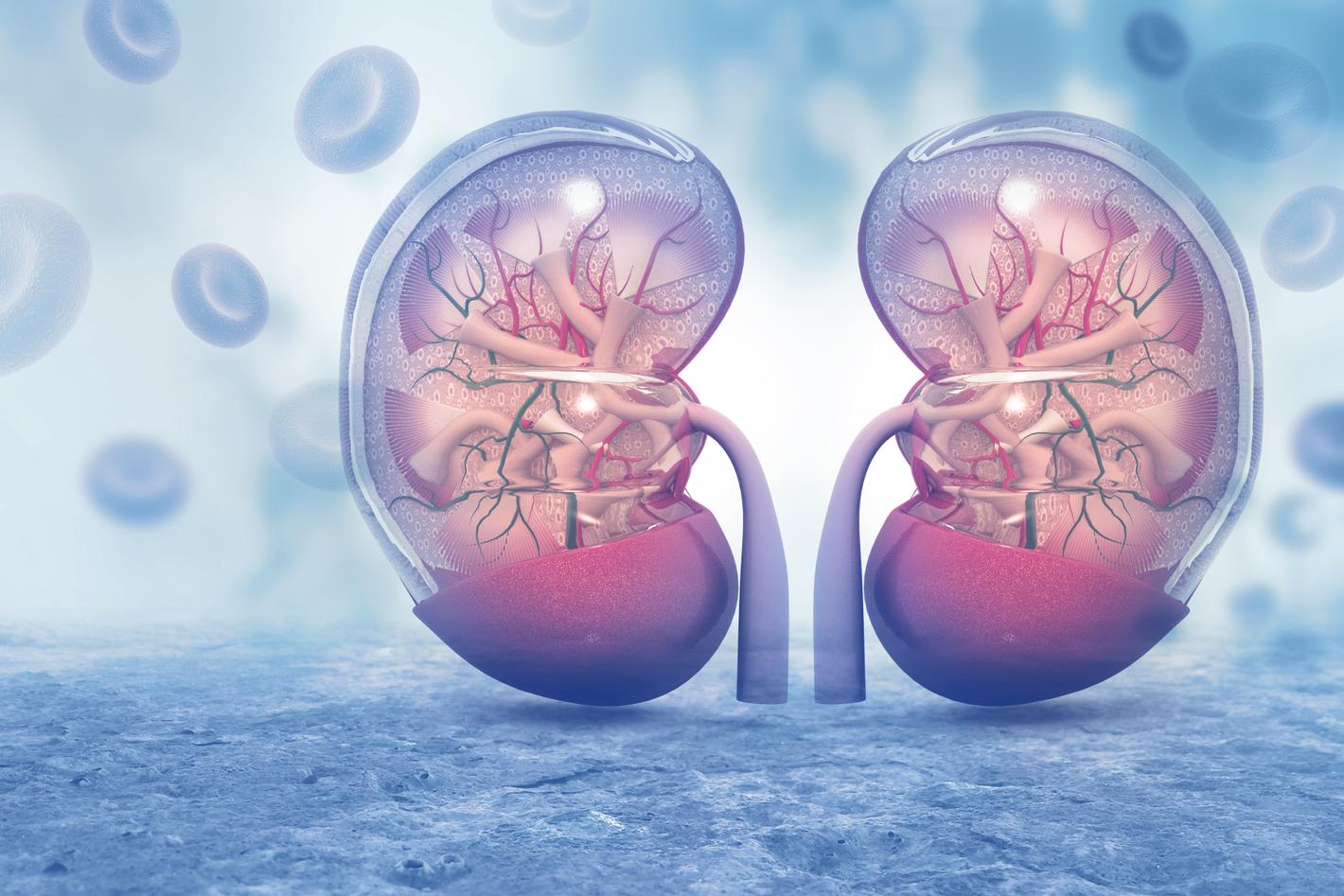ADPKD stands for autosomal dominant polycystic kidney disease and is a genetic disorder whereby the kidneys develop cysts that gradually increase in volume from birth onwards. This leads to the loss of well-functioning kidney tissue, resulting on average in half of the patients needing dialysis or a kidney transplant at the age of 60. The disease starts in childhood ant takes a different course for every patient.
Research in adults with the disease already showed that the sum of the volume of both kidneys in relation to body height is a good predictive parameter to estimate the timing and the severity of kidney failure. For patients as of 15 years of age there is already a classification model that is based on MR images. For children with ADPKD there were no good methods to assess the process of kidney growth and the decline of kidney function. However, better prognostis models for children are a bid added value for the future approach and treatment of children with the disease.
Early intervention
At UZ Leuven paediatric nephrologists and radiologists have therefore developed the Leuven Imaging Classification ADPKD-model. This model uses 3D ultrasound images of the kidneys to predict the progression of the disease. The new classification tool complements the existing MAYO classification and starts at birth. It divides patients into 5 levels, from slowly to rapidly evolving. First the trial showed that an extrapolation of the adult ADPKD model in children younger than 15 years and gives a wrong assessment of the severity of the disease. In addition the doctor developed a new model that can be used for patients from 0 to 18 years of age.

Prof. dr. Djalila Mekahli: “Now we can determine the prognosis about the severity of APKD also in childhood, we know better which children benefit from early intervention and we can also better inform and monitor relatives with the disease. In addition, with the new classification we can better select patients for trials with new drugs to slow down the polycystic kidney disease."
A follow-up trial will now work out how the model can be used in UZ Leuven but also in other hospitals: by using 2D-images and the implementation in the electronic patient record, it can be widely applied in the clinical practice in the future.
The results of the research were recently published in the Clinical Journal of the American Society of Nephrology (CJASN): The study is a collaboration of paediatric nephrologist Djalila Mekahli, paediatric radiologist Luc Breysem and researcher Frederik De Keyzer.